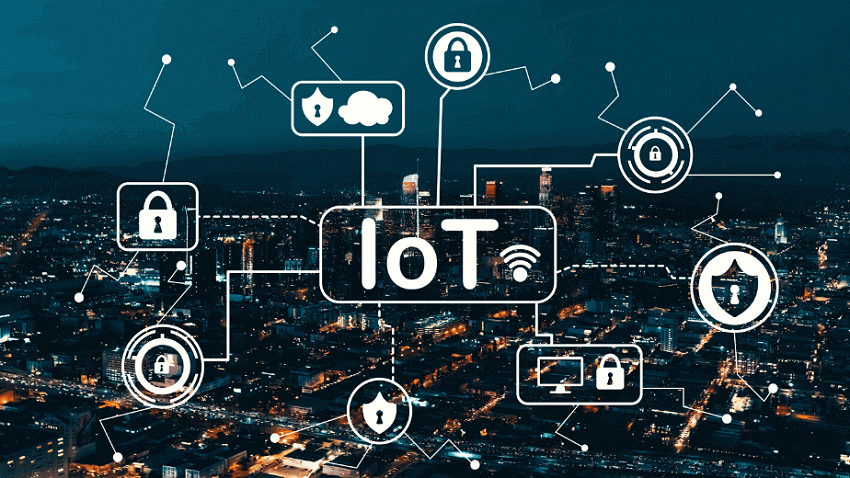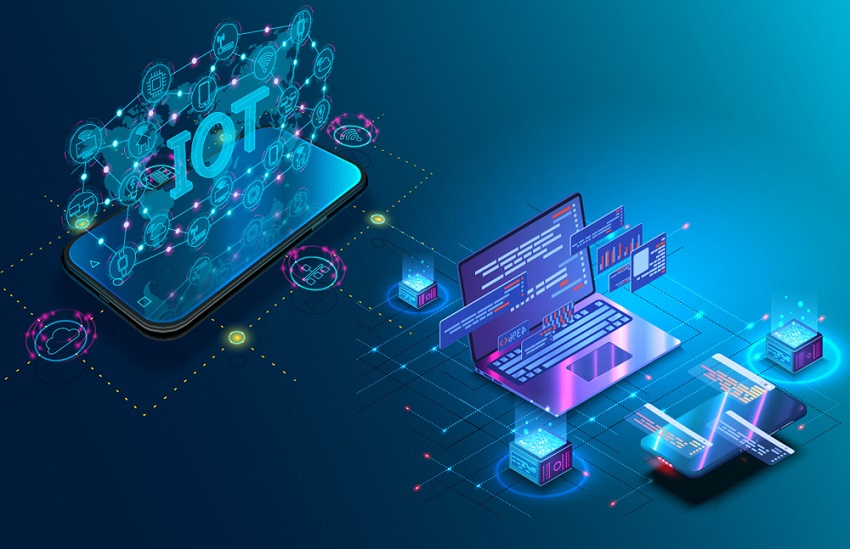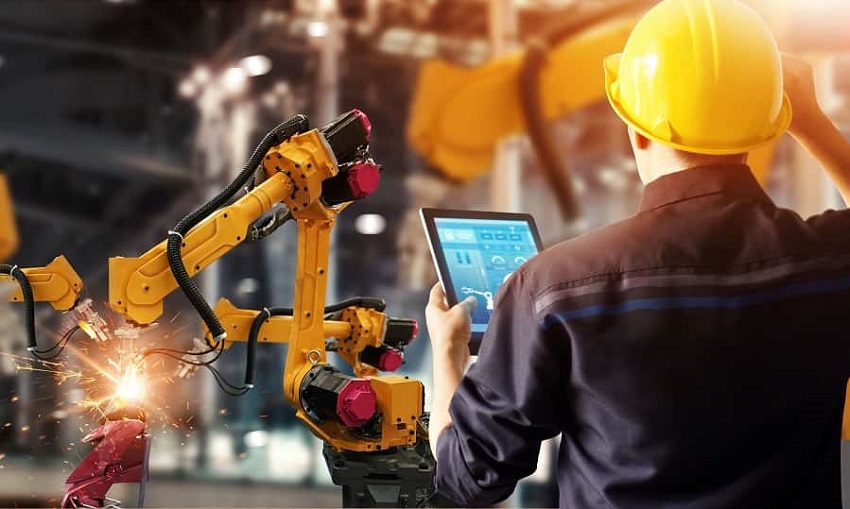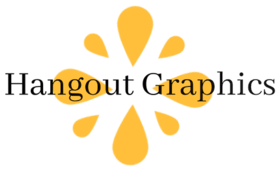
Exploring Devices and Gateways in IoT: Navigating the Connected Landscape
In today’s ever-evolving technological landscape, the Internet of Things (IoT) has taken center stage, transforming the way we interact with devices and the world around us. From smart homes to industrial applications, IoT has become an integral part of our lives. In this article, we’ll delve into the fascinating world of IoT devices and gateways, understanding their roles, significance, and impact on various sectors.
What is the Internet of Things (IoT)?
At its heart, IoT is all about connection. It’s the interlinking of everyday objects, equipped with sensors and software, that gather and transmit data over the internet. This enables these objects to communicate, analyze, and respond to data without human intervention. Explore also how does 5g technology enhance the internet of things.
The Role of IoT Devices
IoT devices are the building blocks of this interconnected world. They are embedded with sensors, processors, and communication hardware that enable them to gather data and perform specific actions. These devices range from simple household gadgets to complex industrial machinery.
Types of IoT Devices
Wearable Devices
Wearable IoT devices, like fitness trackers and smartwatches, have become popular companions in our health and wellness journeys. They monitor our vital signs, track activity, and even provide real-time feedback, empowering us to make informed decisions about our lifestyle.
Smart Home Devices
Smart homes are a reality today, thanks to IoT. From thermostats that learn our preferences to voice-activated assistants that control our lighting, these devices make our lives more convenient and energy-efficient.
Industrial IoT (IIoT) Devices
In industries, IoT devices optimize processes, enhance efficiency, and facilitate predictive maintenance. These devices gather data from machinery and equipment, enabling proactive troubleshooting and minimizing downtime.
Healthcare IoT Devices
Healthcare has witnessed a significant transformation with IoT. Devices like remote patient monitoring systems and smart pills allow medical professionals to monitor patients’ health remotely, improving patient outcomes and reducing hospital stays.
Importance of Gateways in IoT
While IoT devices collect data, gateways play a crucial role in managing and transmitting that data securely to the cloud or other systems. Gateways act as intermediaries, ensuring smooth communication between devices and the central network.
You might enjoy reading this: Is Software Engineering Harder Than Computer Science?
Functionality and Features of IoT Gateways
IoT gateways are equipped with processing power, memory, and connectivity options. They preprocess data, apply security measures, and ensure efficient data transmission. Additionally, they often support multiple communication protocols, making them compatible with various devices.
IoT Device-to-Gateway Communication
IoT devices communicate with gateways using various wireless protocols such as Wi-Fi, Bluetooth, Zigbee, or cellular networks. This seamless communication enables data to flow from the device to the gateway, which then forwards it for further analysis.
Challenges in IoT Communication
Despite its potential, IoT communication faces challenges like interoperability, security vulnerabilities, and data overload. Ensuring seamless communication while addressing these concerns requires innovative solutions and industry collaboration.
Securing IoT Ecosystem
With the influx of interconnected devices, security becomes paramount. Ensuring the confidentiality and integrity of data transmitted between devices and gateways is essential to prevent unauthorized access and data breaches.
IoT in Industries
Manufacturing
IoT-powered sensors and devices revolutionize manufacturing by enabling real-time monitoring, predictive maintenance, and quality control. This leads to optimized production processes and reduced downtime.
Agriculture
In agriculture, IoT devices aid in precision farming. Sensors monitor soil moisture, temperature, and crop health, allowing farmers to make data-driven decisions that enhance yield and resource utilization.
Healthcare
IoT transforms healthcare by improving patient care and operational efficiency. Smart devices can track patient vitals, monitor medication adherence, and enable remote consultations, bridging geographical gaps in healthcare access.
Future Trends in IoT Devices and Gateways
As technology advances, IoT devices and gateways will become more sophisticated. Edge computing, where data is processed closer to the source, will gain prominence, reducing latency and enhancing real-time decision-making.
The Human Side of IoT
Amidst the technological marvels, it’s crucial not to lose sight of the human aspect. IoT devices should enhance our lives, empower us with data-driven insights, and respect our privacy and security.
Conclusion
The Internet of Things is reshaping how we interact with the world around us. From wearable devices that monitor our health to industrial sensors that streamline production, IoT devices and gateways play a pivotal role. As we navigate this connected landscape, it’s essential to harness the potential of IoT while addressing its challenges.
FAQs
Q1: How do IoT devices communicate with each other?
IoT devices communicate using various wireless protocols like Wi-Fi, Bluetooth, and Zigbee, ensuring seamless data flow.
Q2: What is the significance of IoT in healthcare?
IoT in healthcare enables remote patient monitoring, personalized treatment plans, and improved accessibility to medical services.
Q3: Are there security risks associated with IoT?
Yes, IoT poses security risks such as data breaches and unauthorized access. Implementing robust security measures is crucial.
Q4: How does IoT impact industrial processes?
IoT optimizes industrial processes by providing real-time insights, predictive maintenance, and enhanced operational efficiency.
Q5: What is the future of IoT technology?
The future of IoT includes more advanced devices, edge computing, and increased integration into various industries.

Sorry, the comment form is closed at this time.